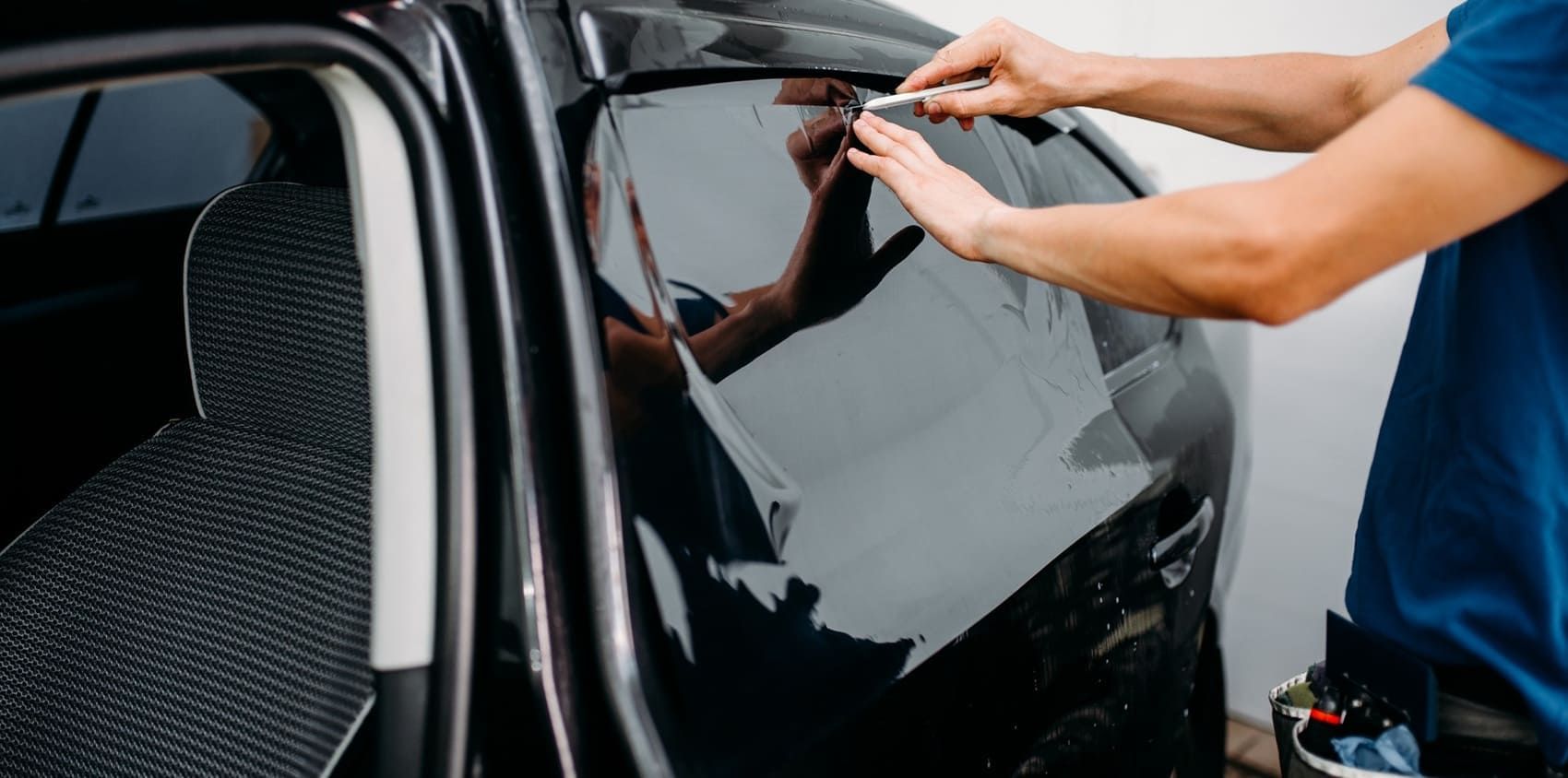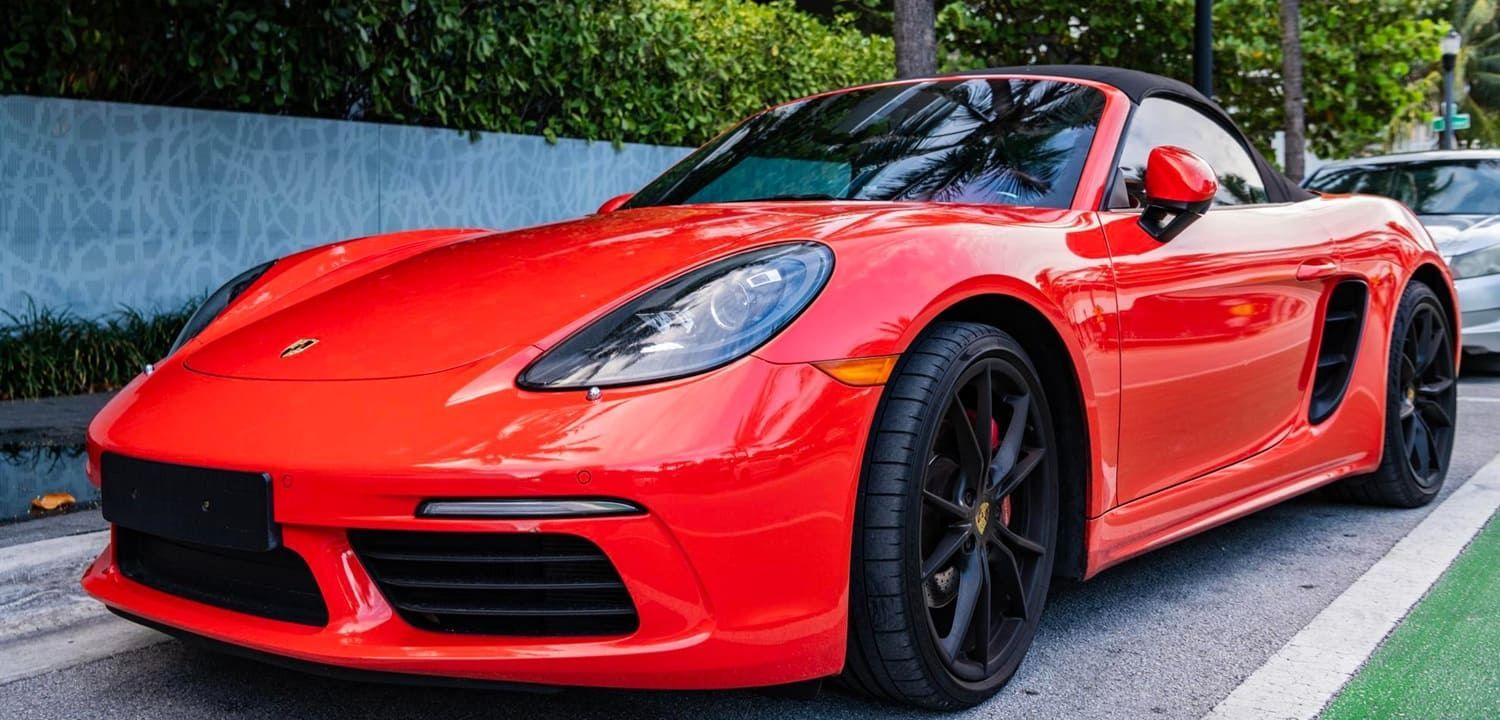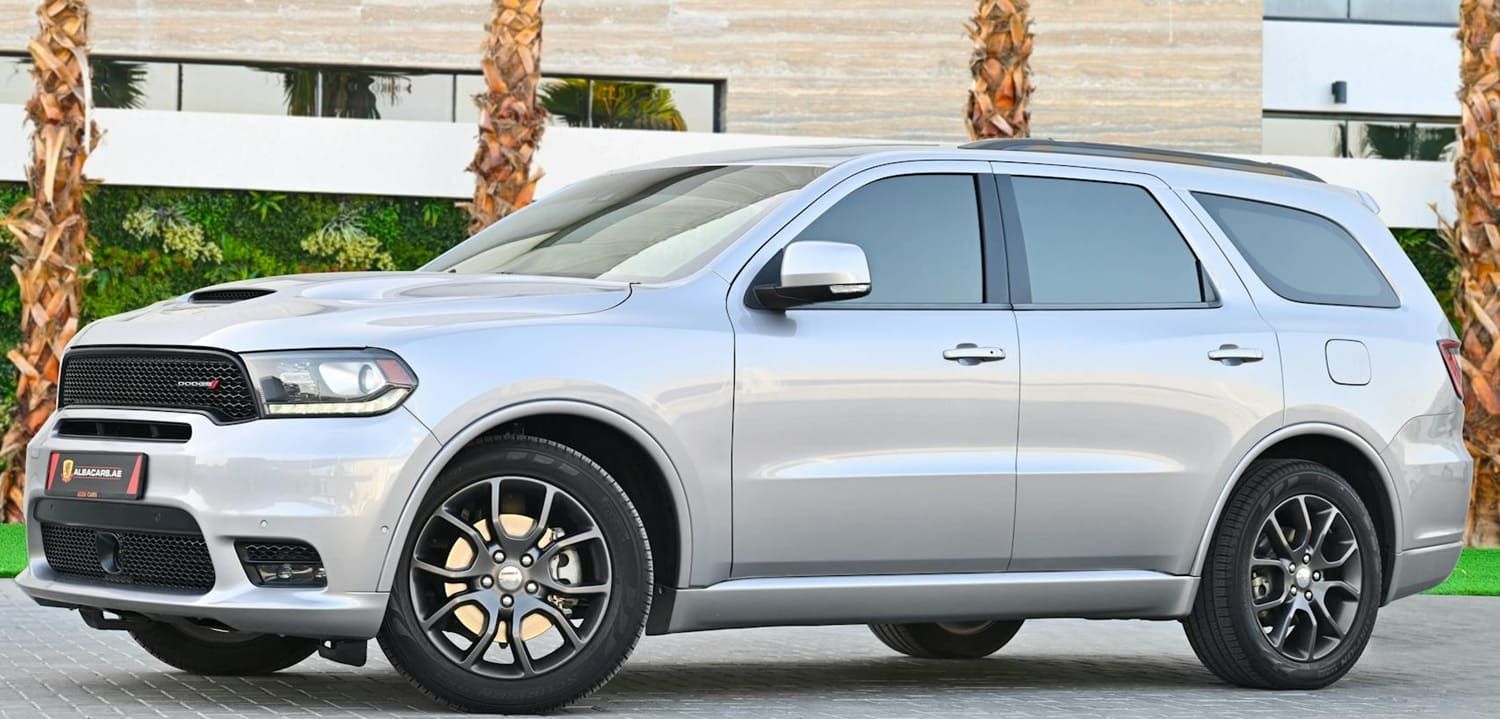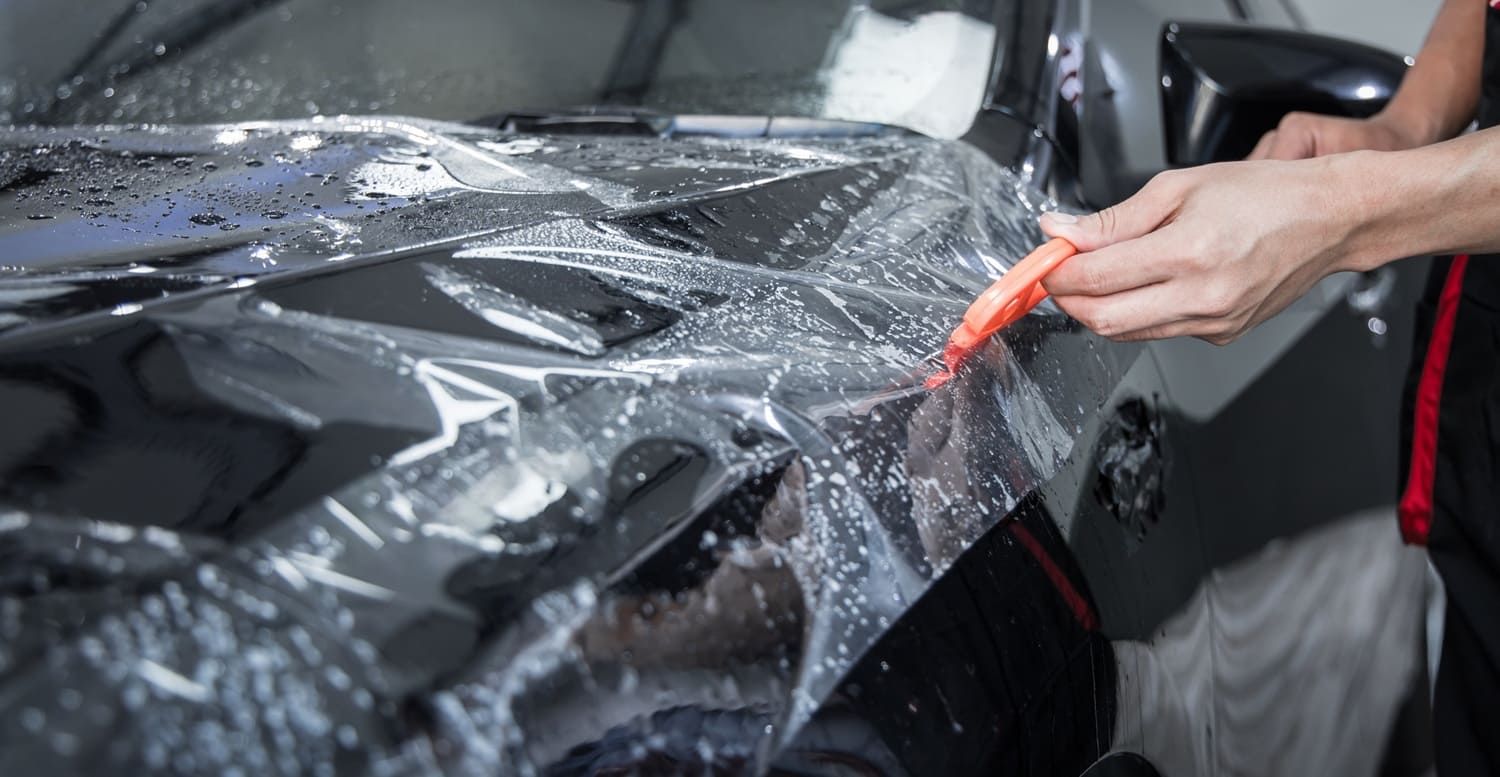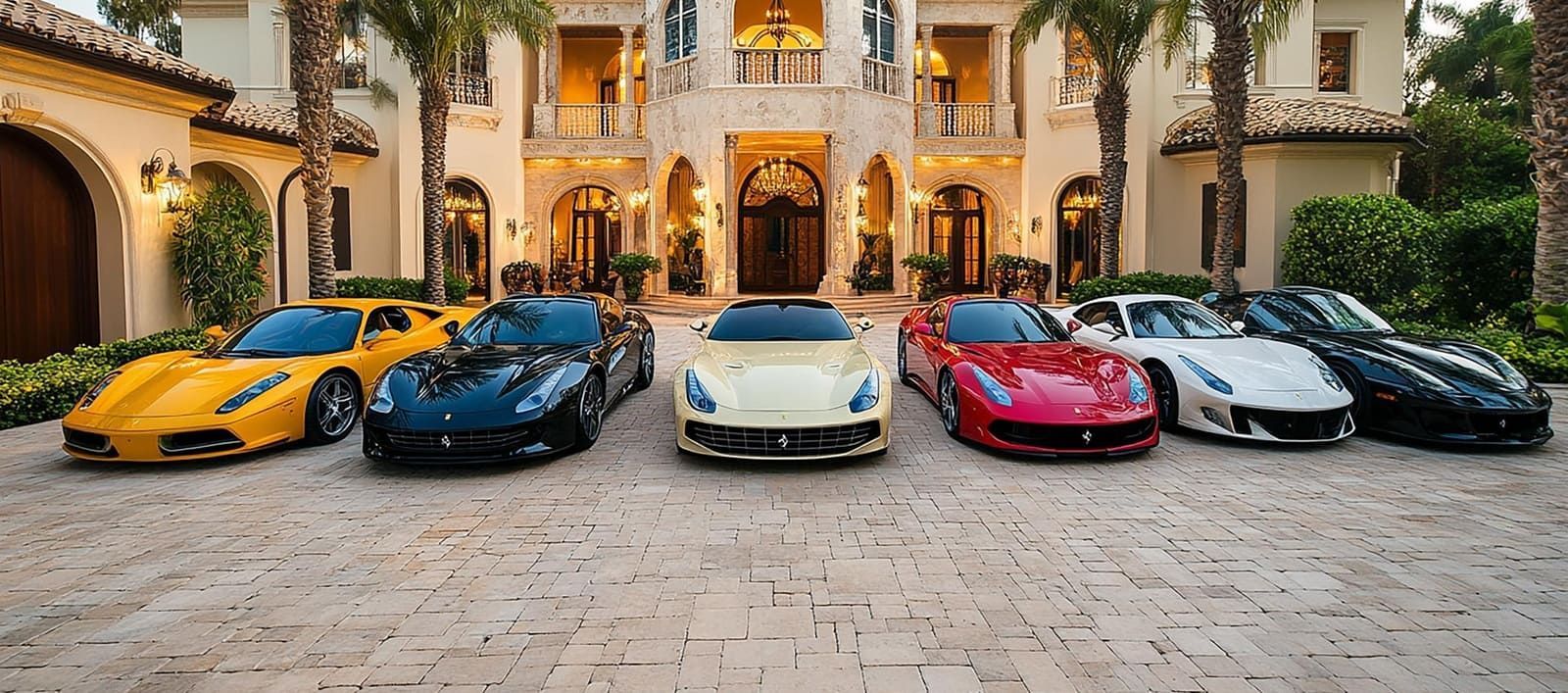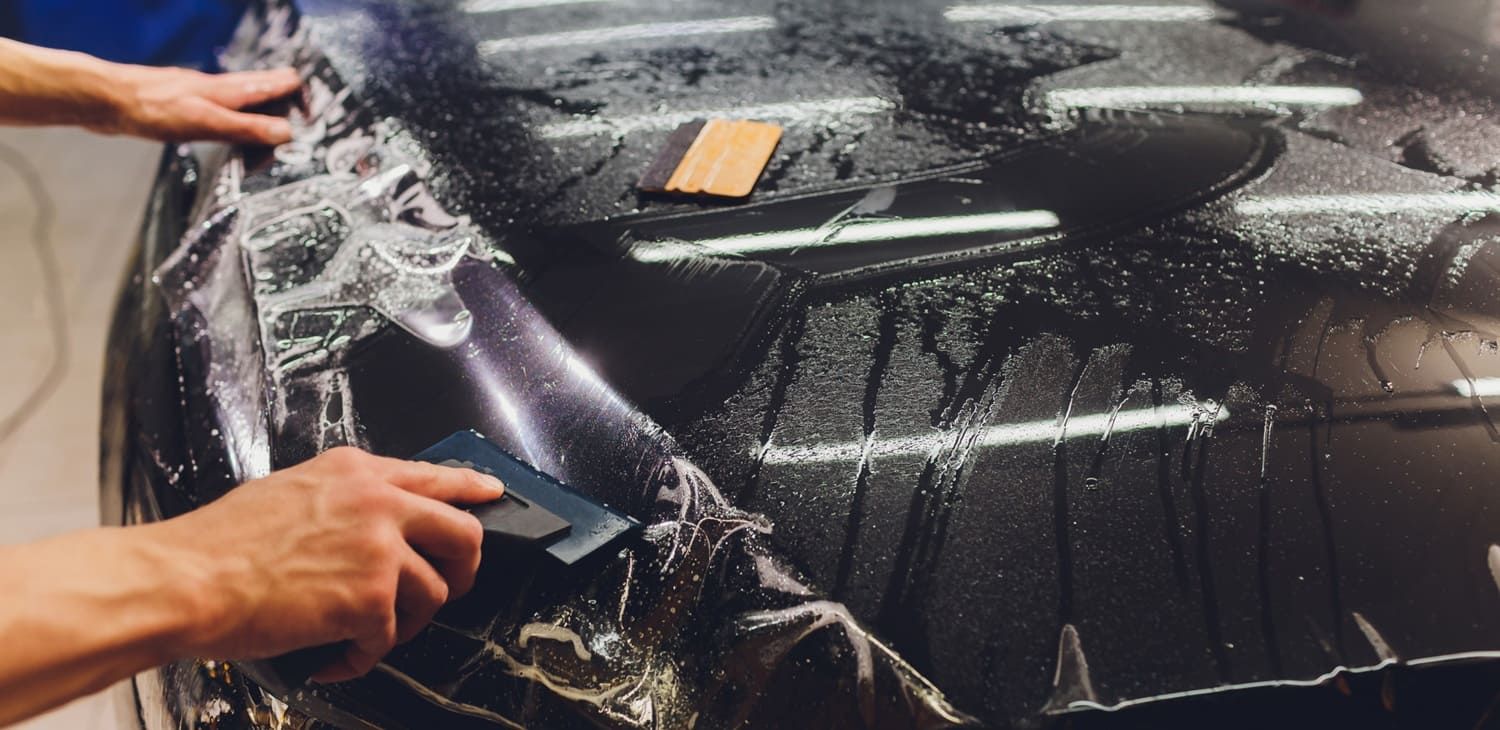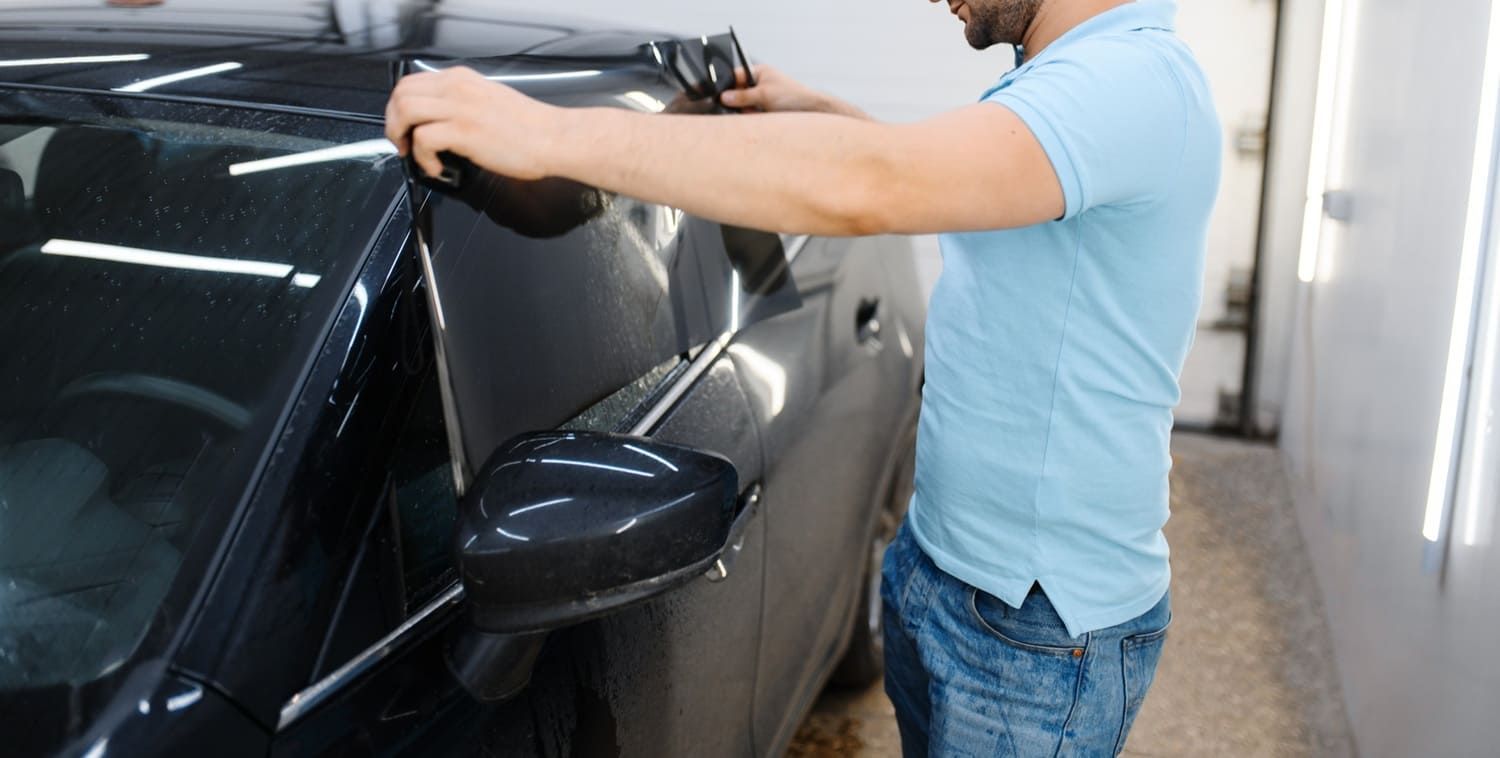Understanding the Different Types of Auto Window Tint Films
Auto window tint films are more than just a style statement. They offer a range of benefits, from UV protection to privacy.
Understanding the different types of auto window tint films can be a game-changer. It can help you make an informed decision for your vehicle.
In this guide, we delve into the world of tinted windows. We explore the various types of car films available in the market.
Whether you're a car enthusiast or a casual driver, this article will equip you with the knowledge you need. Let's dive in.
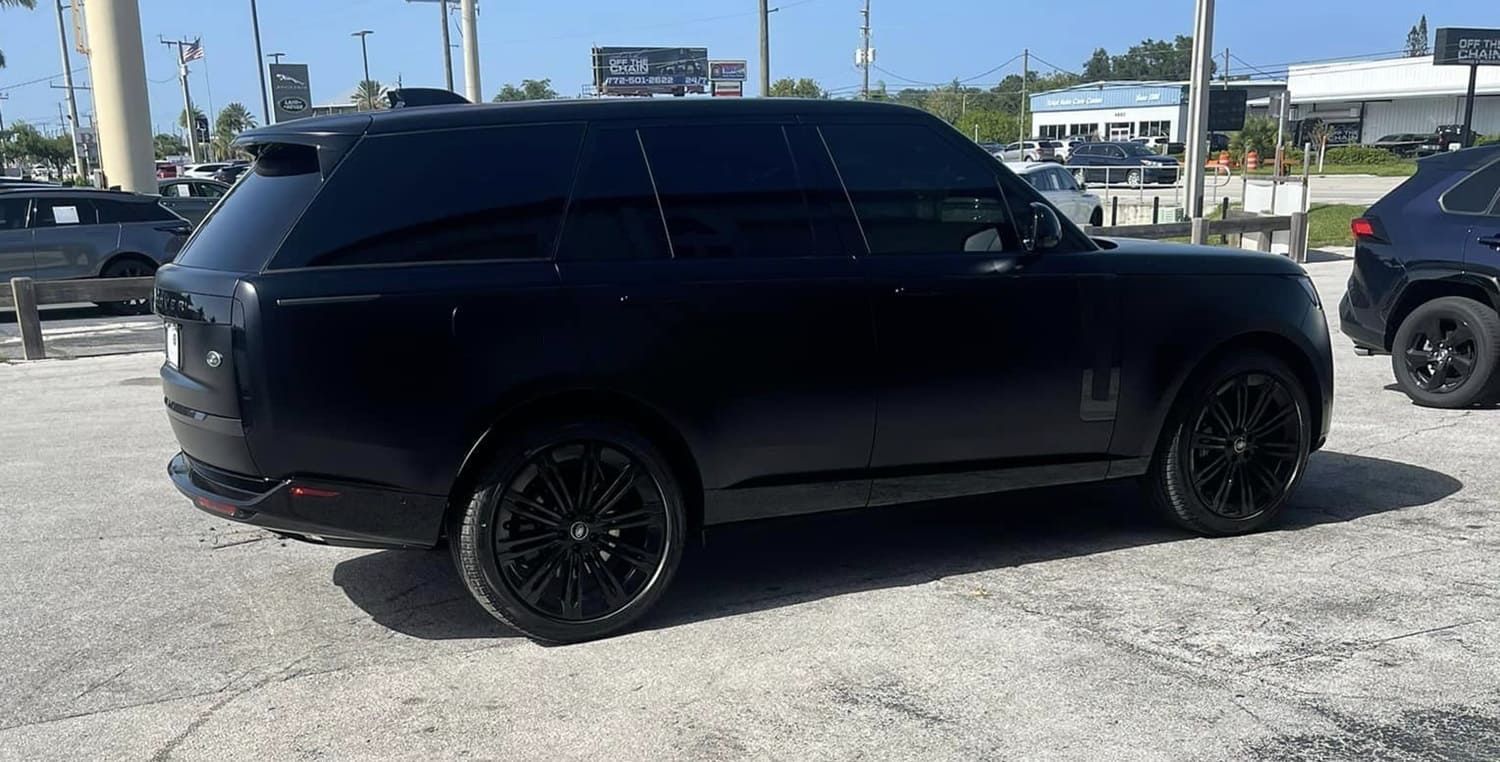
What is Auto Window Tint Film?
Auto window tint film is a thin laminate film. It's applied to the interior of glass surfaces in vehicles.
The primary purpose of these films is to reduce the amount of heat and radiation from the sun. This is achieved by reflecting the sunlight away from the vehicle.
In addition, tint films enhance privacy and add an aesthetic appeal to the vehicle.
Benefits of Tinting Your Car Windows
Tinting your car windows with auto window tint films offers several benefits. It's not just about enhancing the look of your vehicle.
One of the key benefits is UV protection. High-quality tint films can block up to 99% of harmful UV rays. This protects the car's interior from fading and the passengers from skin damage.
Tint films also provide a level of privacy. They prevent outsiders from seeing into the vehicle, especially when it's parked.
Here are some additional benefits of tinted windows:
- Glare reduction: Tint films reduce the glare from the sun and headlights, improving driving safety.
- Solar heat rejection: They help in maintaining a comfortable temperature inside the car.
- Enhanced security: Thicker security films can deter theft by making the windows harder to break.
- Aesthetic appeal: Tinted windows give the car a sleek, sophisticated look.
Types of Auto Window Tint Films
Dyed Window Tint Films
Dyed window tint films are a popular choice for car owners on a budget. They provide a dark, opaque appearance that enhances privacy.
However, dyed films don't offer as much heat rejection as other types. They can also fade over time.
Metallic Tint Films
Metallic tint films are known for their shiny, reflective finish. They are excellent at reflecting heat and UV rays.
But, they can interfere with cell phone and GPS signals due to their metallic content.
Carbon Tint Films
Carbon tint films offer superior UV protection and do not fade over time. They also provide a matte finish that many car owners find appealing.
These films are more expensive than dyed or metallic tints, but they offer better heat rejection.
Ceramic Tint Films
Ceramic tint films are the most advanced and expensive. They offer superior heat rejection and do not interfere with electronic signals.
These films are highly durable and resistant to fading. They also provide a high level of clarity for drivers.
Hybrid Tint Films
Hybrid tint films combine the best features of dyed and metallic tints. They offer good heat rejection and do not interfere with electronic signals.
These films are less reflective than metallic tints, providing a more natural appearance.
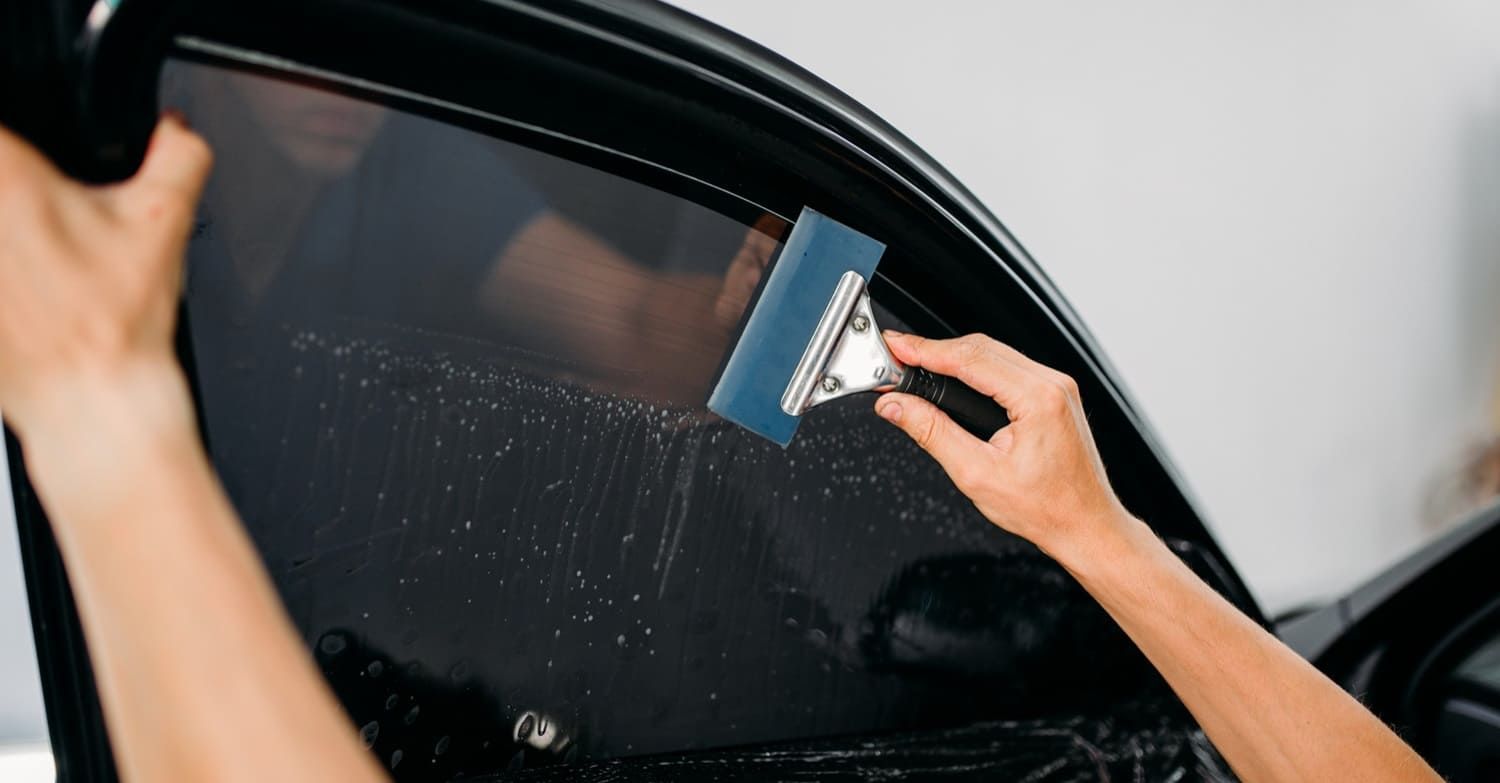
Understanding Visible Light Transmission (VLT)
Visible Light Transmission (VLT) is a key factor when choosing auto window tint films. It refers to the percentage of visible light that can pass through the film.
A lower VLT percentage means darker tint. It's important to note that each state has its own laws regarding the acceptable VLT.
Remember, a darker tint may provide more privacy, but it can also reduce visibility, especially at night. It's crucial to find a balance that suits your needs and complies with local laws.
Legal Considerations and State Laws
When tinting your car windows, it's crucial to be aware of the legal considerations. Each state has its own laws regarding the darkness and reflectivity of auto window tint films.
Some states also have laws about which windows can be tinted. It's always a good idea to check with local authorities or a professional installer to ensure compliance.
Non-compliance can result in fines or even a requirement to remove the tint. So, it's worth taking the time to understand the laws in your area.
Choosing the Right Tint for Your Vehicle
Choosing the right auto window tint film depends on several factors. These include your personal preferences, budget, and the specific needs of your vehicle.
Consider factors like UV protection, heat rejection, and privacy. Also, think about the durability and maintenance of the tint. It's always a good idea to consult with a professional installer to make an informed decision.
Conclusion
Auto window tint films offer numerous benefits. From UV protection to enhanced privacy, there's a tint film to suit every need.
Remember, the right choice depends on your specific requirements and preferences. Always consult with a professional for the best results.
Sun Stoppers Window Tinting has served the Fort Pierce Area with top-quality Car window tinting services. Contact us today for a free estimate!

